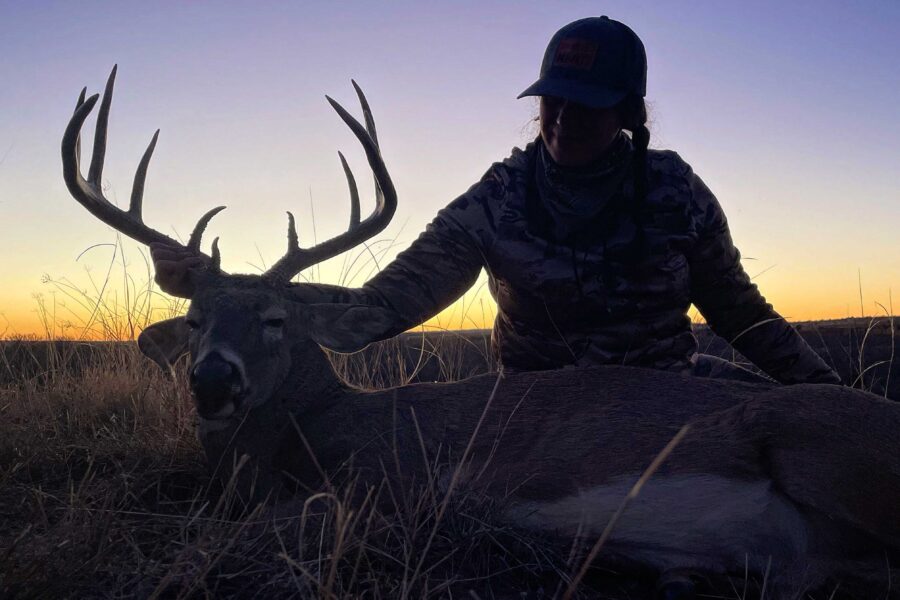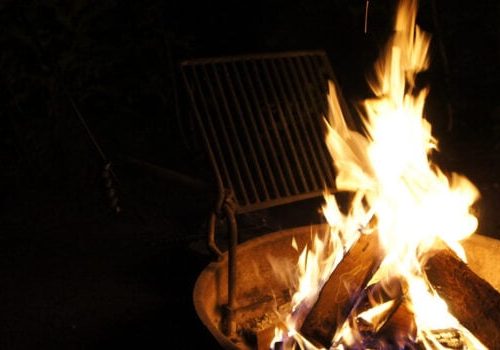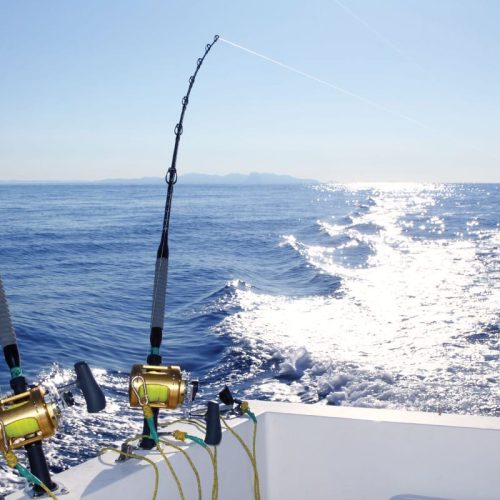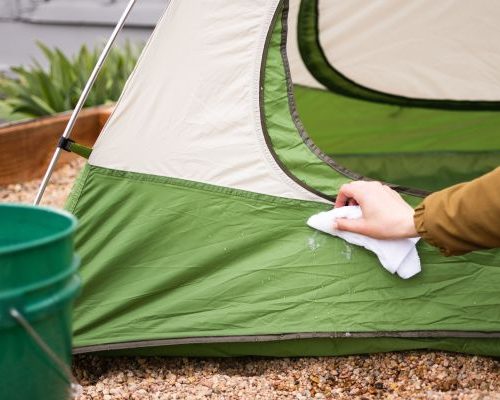Becoming a hunter can be a fulfilling and adventurous pursuit for those who have a passion for the outdoors, wildlife, and ethical hunting practices. Whether you’re interested in hunting for food, conservation, or the thrill of the hunt, starting as a beginner can be both exciting and challenging. This comprehensive guide will take you through the essential steps and considerations to embark on your journey as a novice hunter.
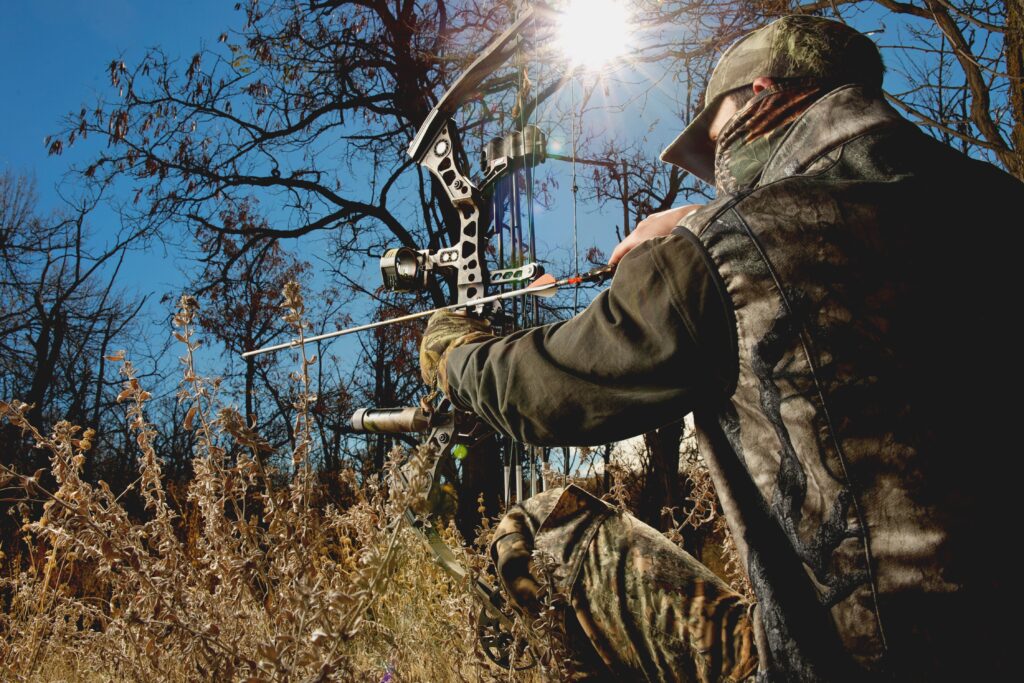
Legal and Ethical Considerations
Before delving into the practical aspects of hunting, it’s crucial to understand the legal and ethical framework that governs hunting in your area. Regulations vary by location, species, and hunting methods, so the first step is to:
a. Research Local Regulations: Visit your state or provincial wildlife agency’s website to learn about hunting seasons, bag limits, licensing requirements, and any special regulations in your area.
b. Hunter Education: Many regions require aspiring hunters to complete a hunter education course. These courses cover firearm safety, conservation ethics, and hunting techniques. Check for available courses in your area.
c. Obtain Necessary Permits and Licenses: Purchase the required permits and licenses according to your intended game and location. Be aware of deadlines and fees.
d. Follow Ethical Guidelines: Commit to ethical hunting practices, which include fair chase, humane shot placement, and respect for wildlife and landowners.
Acquiring the Right Gear
Hunting requires specific equipment tailored to your chosen game and hunting method. Here’s a basic list of essential gear for beginners:
a. Firearms or Archery Equipment: Depending on your preference and local regulations, you’ll need a suitable firearm or archery gear. Seek advice from experienced hunters or visit a reputable firearm or archery shop for guidance.
b. Ammunition or Arrows: Ensure you have an adequate supply of ammunition or arrows, and practice regularly to improve your accuracy.
c. Clothing: Invest in appropriate hunting clothing for camouflage, comfort, and protection from the elements. Dress in layers for versatility.
d. Footwear: High-quality, waterproof boots with good traction are essential for navigating rugged terrain.
e. Optics: Binoculars and a rangefinder can help you spot and identify game from a distance.
f. Hunting Accessories: This may include calls, scents, decoys, and game processing tools.
g. Safety Gear: Safety is paramount. Ear and eye protection, a first-aid kit, and communication devices are essential.
Developing Skills and Knowledge
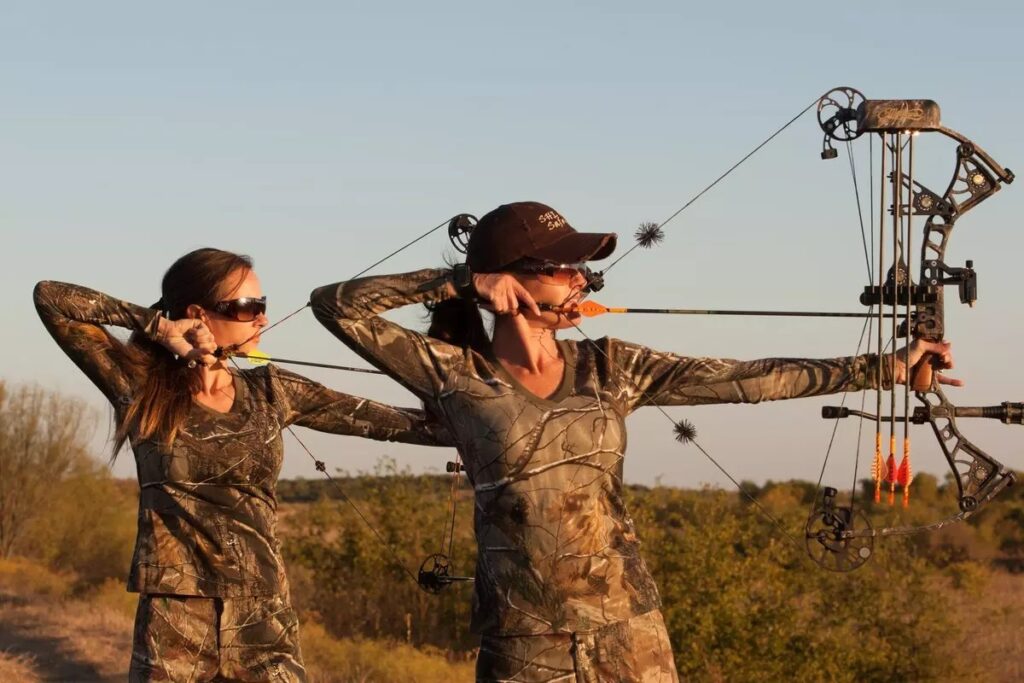
Becoming a skilled hunter requires continuous learning and practice. Here’s how to develop your hunting skills:
a. Hunter Education Courses: Enroll in a hunter education course to learn firearm safety, wildlife biology, ethics, and hunting techniques. These courses also provide valuable networking opportunities.
b. Mentorship: Seek out an experienced hunter who can mentor you. Learning from someone with years of experience is invaluable and can accelerate your learning curve.
c. Practice Shooting: Regularly practice your shooting skills at a shooting range. Focus on accuracy, safety, and consistency.
d. Scouting: Spend time scouting the hunting area to familiarize yourself with the terrain, animal behavior, and potential hunting spots.
e. Learn Tracking: Understanding animal tracks and sign is crucial for locating game. Study tracking guides and practice tracking skills in the field.
f. Study Ecology: Learn about the ecology and behavior of the animals you plan to hunt. Understanding their habits and habitats will improve your success rate.
g. Map and Compass Skills: Develop navigation skills using maps and compasses to avoid getting lost in the wilderness.
h. Survival Skills: Basic survival knowledge, including fire starting, shelter building, and wilderness first aid, is essential for safety in the field.
Planning Your Hunts
Once you have the necessary skills and gear, it’s time to plan your hunts:
a. Choose Game Species: Decide which game species you want to pursue. Start with species that are abundant and have larger populations.
b. Select Hunting Locations: Research potential hunting locations, taking into account accessibility, proximity to wildlife, and safety.
c. Determine Hunting Seasons: Know the hunting seasons for your chosen game species and plan your hunts accordingly.
d. Set Realistic Goals: Establish achievable goals for your hunting trips, whether it’s harvesting a specific animal or simply enjoying the outdoors.
e. Safety Precautions: Always inform someone of your hunting plans, including your location and expected return time. Carry emergency supplies and know how to use them.
Field Craft and Hunting Techniques
Field craft involves the skills and strategies you use to approach, track, and harvest game animals. Each hunting method requires unique techniques, but here are some general tips:
a. Concealment: Blend into your environment by wearing camouflage clothing and using natural cover. Avoid making unnecessary noise and movements.
b. Scent Control: Animals have a keen sense of smell. Use scent control products and play the wind to minimize your scent.
c. Patience and Observation: Hunting often requires hours of waiting and observing. Pay attention to animal behavior and movement patterns.
d. Shooting Skills: Wait for a clean, ethical shot opportunity. Practice shooting from various positions to be prepared for different scenarios.
e. Tracking: If you wound an animal, use tracking skills to recover it. Tracking involves following blood trails and other signs.
f. Stealth and Stillness: Move quietly and minimize your visibility. Sometimes, waiting silently in one spot is more effective than actively pursuing game.
Field Dressing and Game Processing
After a successful hunt, you need to know how to field dress and process your game:
a. Field Dressing: Proper field dressing is essential to preserve meat quality. Learn how to gut and skin the animal in the field.
b. Butchering: Once you’ve transported the animal home, learn to butcher it into manageable cuts. Proper butchering techniques ensure safe and tasty meat.
c. Meat Handling: Ensure that the meat is handled, stored, and cooled correctly to prevent spoilage.
d. Taxidermy: If you’re interested in preserving trophies, consult a taxidermist for guidance on preparing and mounting game animals.
Continuing Education and Conservation
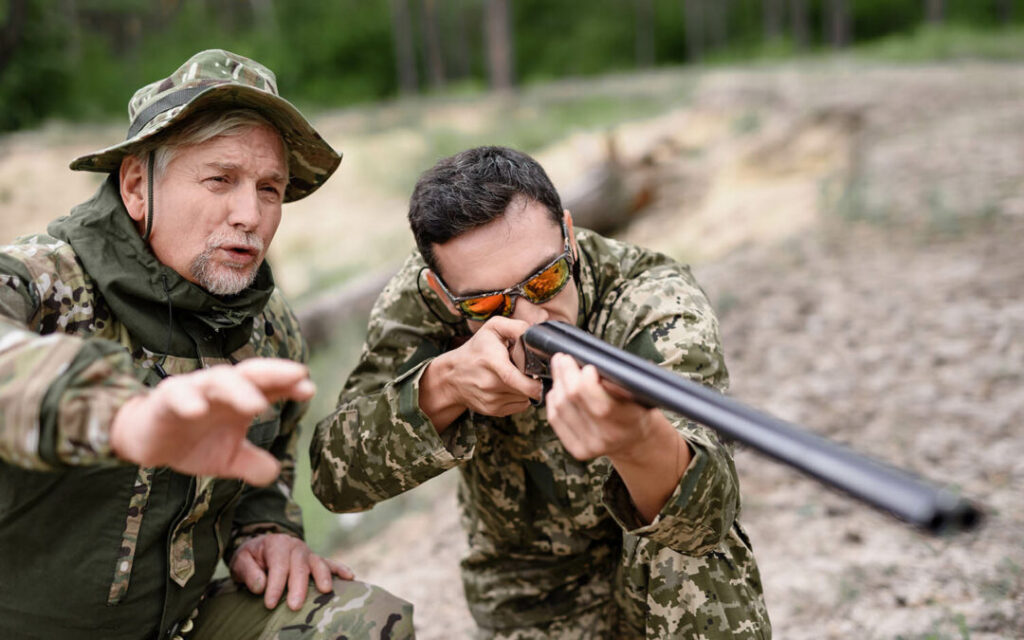
Hunting is not just a recreational activity; it’s also an essential tool for wildlife conservation. As a responsible hunter, consider the following:
a. Stay Informed: Keep up-to-date with changes in hunting regulations, conservation efforts, and wildlife management practices.
b. Ethics and Respect: Respect the animals you hunt, as well as fellow hunters, landowners, and non-hunters. Follow ethical practices, and be a responsible steward of the environment.
c. Conservation Contributions: Support conservation efforts through hunting license fees, donations to wildlife organizations, and involvement in habitat restoration projects.
d. Hunter’s Role in Conservation: Understand the role hunters play in wildlife management and conservation by helping control animal populations and funding conservation initiatives.
Becoming a hunter as a beginner is an exciting journey that involves dedication, education, and a deep appreciation for nature and wildlife. Remember that hunting comes with great responsibility, including adherence to laws and ethical principles. As you gain experience, you’ll develop a lifelong connection with the outdoors and contribute to the conservation of our natural resources. Enjoy the adventure, and always prioritize safety and ethical hunting practices.
Is Hunting as a Profession Worth Your Time?
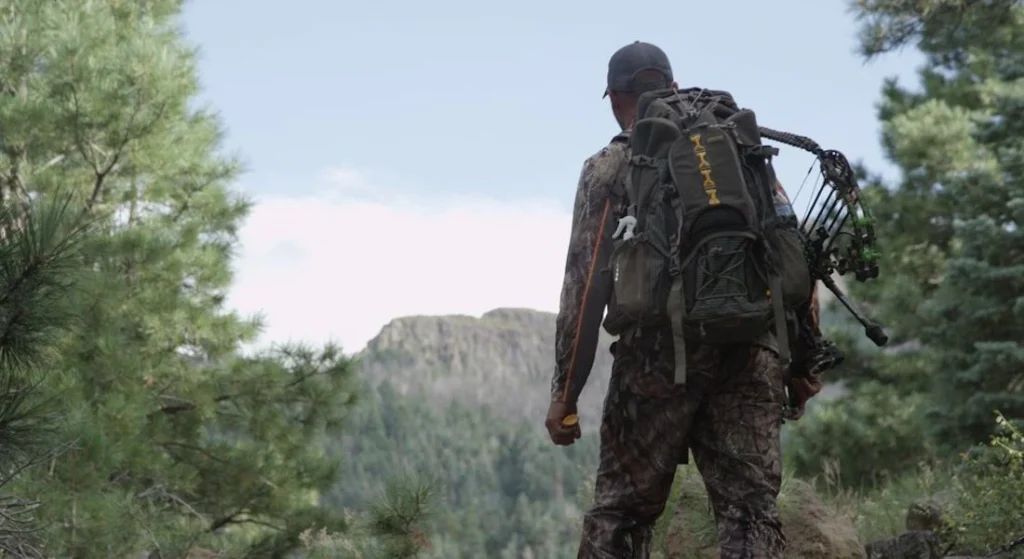
The question of whether hunting can be considered a viable profession depends on various factors, including personal values, lifestyle preferences, economic considerations, and ecological impacts. While hunting has been practiced for millennia, it has evolved significantly in modern times, and the decision to pursue it as a profession carries both benefits and challenges. In this article, we will explore the pros and cons of hunting as a profession to help you determine whether it is worth your time.
Pros of Hunting as a Profession
Connection to Nature: Hunting allows individuals to forge a deep connection with the natural world. Professional hunters often spend extensive time outdoors, fostering a profound appreciation for wildlife, ecosystems, and conservation.
Self-Sufficiency: For those who value self-sufficiency, hunting can provide a direct source of sustainable, organic, and locally sourced meat. This self-reliance can lead to reduced reliance on industrial agriculture.
Cultural and Historical Significance: Hunting holds cultural and historical significance in many societies. Becoming a professional hunter can be a way to preserve and pass down cultural traditions and knowledge.
Conservation Contributions: Ethical and sustainable hunting practices can contribute to wildlife conservation efforts. Revenue generated through hunting licenses, permits, and taxes often goes toward habitat restoration, species management, and conservation initiatives.
Outdoor Lifestyle: If you enjoy spending time outdoors, hunting can offer a unique and fulfilling lifestyle. Professional hunters often work in beautiful natural settings and have the freedom to roam vast expanses of wilderness.
Income Potential: In some regions, professional hunting can be financially lucrative. Skilled hunters who offer guided trips or specialize in hunting specific game may generate substantial income.
Cons of Hunting as a Profession
Ethical Considerations: Hunting raises ethical questions, especially when animals are killed for sport or trophy hunting purposes. Many people oppose hunting for reasons related to animal welfare and conservation.
Regulations and Licensing: Becoming a professional hunter requires adherence to strict regulations and licensing requirements. These can vary significantly by region and may involve lengthy and expensive processes.
Unpredictable Income: Professional hunting income can be unpredictable. It may depend on factors such as game availability, client demand, and economic conditions.
Environmental Impact: Even sustainable hunting can have environmental impacts. Overhunting, habitat destruction, and ecosystem disturbance are concerns that must be carefully managed.
Physical and Mental Demands: Hunting as a profession can be physically demanding, requiring endurance, strength, and the ability to navigate challenging terrain. It can also involve long hours and periods of isolation.
Market Saturation: In some regions, the market for professional hunting services may be saturated, making it difficult for newcomers to establish themselves and compete.
Factors to Consider
To determine whether hunting as a profession is worth your time, consider the following factors:
Personal Values: Reflect on your personal values and ethics. Are you comfortable with the ethical implications of hunting, and do you align with sustainable and ethical hunting practices?
Licensing and Regulations: Research the licensing and regulatory requirements in your region. Ensure you are willing and able to meet these legal obligations.
Financial Viability: Assess the potential income in your area. Consider the costs of gear, licenses, and other expenses associated with hunting. Compare this to the expected revenue.
Ecological Awareness: Educate yourself about the ecological impact of hunting in your region. Are there endangered species or ecosystems that need protection? Understand your role in conservation efforts.
Skill Level: Evaluate your hunting skills and expertise. Are you an experienced and proficient hunter, or do you need further training and practice?
Market Demand: Research the demand for hunting services in your area. Determine whether there is a niche you can fill or a unique selling point you can leverage.
Alternative Careers: Explore alternative careers related to conservation, wildlife management, or outdoor education. These fields may align with your interests while avoiding some of the ethical concerns associated with hunting.
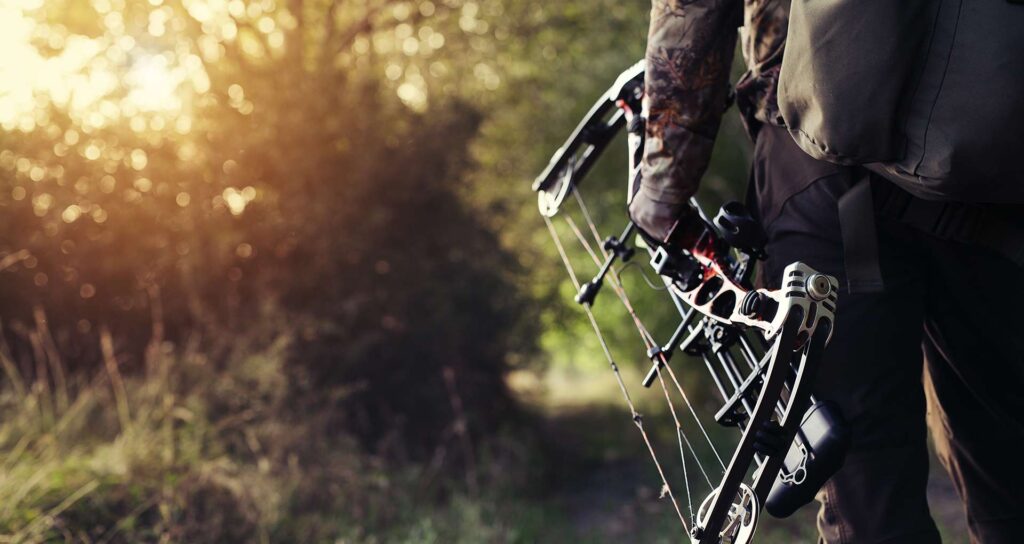
Finally,
The decision to pursue hunting as a profession is a complex one, and it ultimately depends on your values, skills, and circumstances. While hunting can offer a unique connection to nature, self-sufficiency, and a fulfilling outdoor lifestyle, it also comes with ethical, regulatory, and economic challenges. It is essential to approach hunting with a strong commitment to ethical and sustainable practices, as well as a thorough understanding of the ecological impact of your activities.
If you are considering hunting as a profession, it is crucial to research and plan carefully, seeking guidance from experienced hunters and wildlife authorities. Additionally, exploring alternative careers in the fields of conservation, wildlife management, or outdoor education may provide opportunities to work with nature and promote conservation while addressing some of the ethical concerns associated with hunting. Ultimately, the decision to pursue hunting as a profession should align with your values and contribute positively to the natural world.
